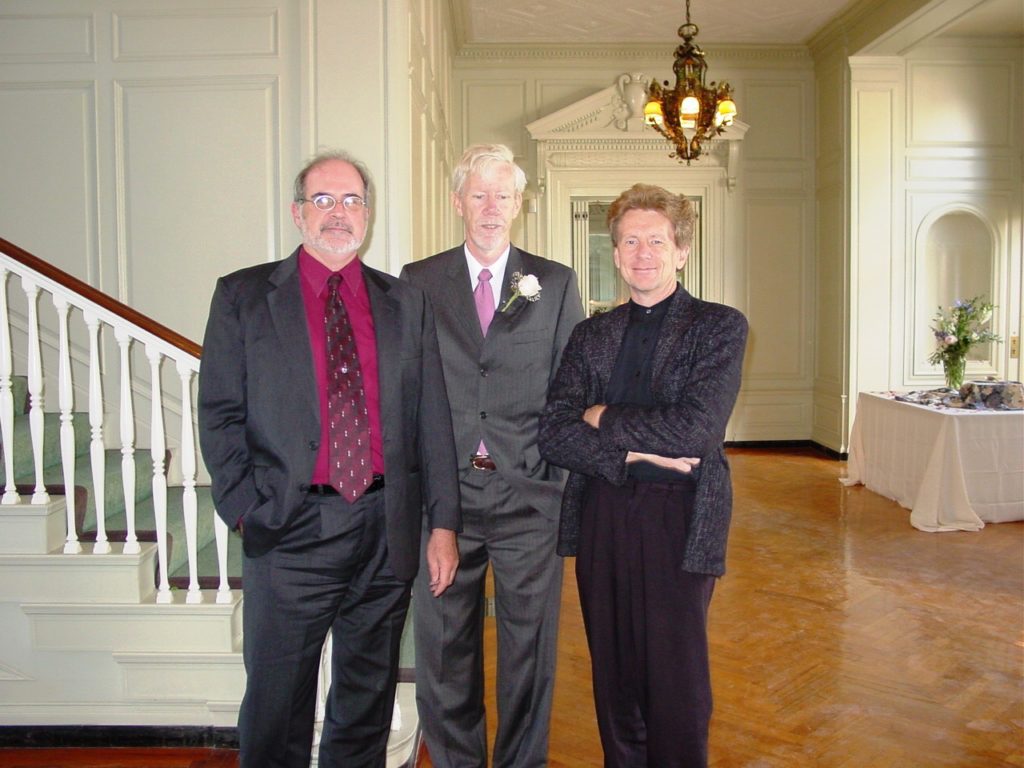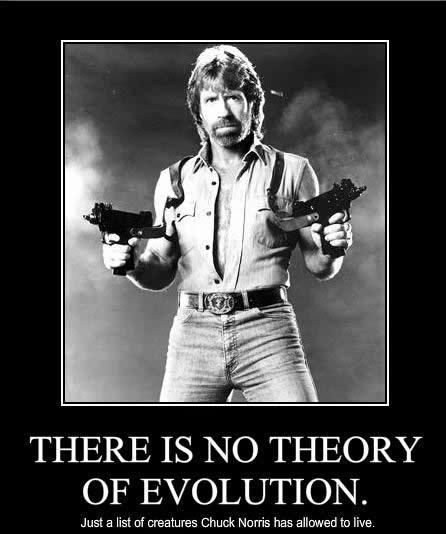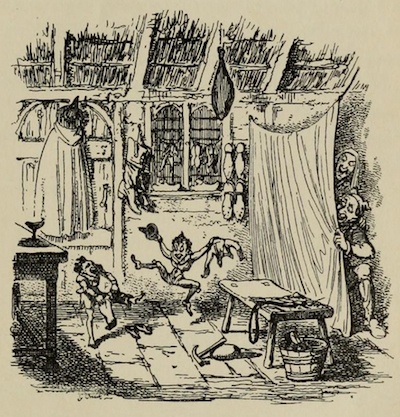Welcome to the Wakefield Doctrine (the theory of clarks, scotts and rogers)
So what if we say, the following is an example of a meta-Doctrine post?
Reader’s response (in reverse the traditional ordering):
- rogers: well, I don’t know how to tell you this but, that’s not quite what is happening, it’s simply a normal RePrint post with a power chord on the first beat
- scotts: (grin) lay it on me
- clarks: I’m listening
A quik Wik:
Metafiction is a form of fiction that emphasizes its own narrative structure in a way that inherently reminds the audience that they are reading or viewing a fictional work…”*
Yeah we can live with that. But of the three, clarks clearly have a deep-rooted affinity for meta (hell, they live in meta-time, narrating a life in which the audiance, on average, really wants to like the play, but they have lives. Real-person lives.)
We were going to go for something profound, but time is not our friend. (Time is no one’s friend. Time is the original incubus/succubus of the spirit*)
Tuesday -the Wakefield Doctrine- “… of Mondegreen(s), reality and clarks”
March 19, 2019Welcome to the Wakefield Doctrine (the theory of clarks, scotts and rogers)
Live! From the waiting room of a dentist office. George Michael is singing an example of ‘the writer not realizing the true power of his own work*.
Which surely leads us to the wonderful word/concept ‘Mondegreen’
(…back in real time. A little more to tell you about)
This post is so for clarks (and scotts and rogers with significant secondary clarklike aspects).
It wasn’t ‘Careless Whisper’ that made me appreciate how interesting being a clark can sometimes be. It was Electric Light Orchestra’s ‘Don’t Bring Me Down’.
So I’m sitting there waiting for my hygienist (who is a clark) to call for me, so I did what any (of us would do) I looked things up. As it was, ‘Don’t Bring Me Down’ played from the ceiling. Naturally I thought, ‘so who is Bruce?’ And went to wikipedia (the best thing about the internet, from a clark’s perspective) and looked it up. I cite:
A common mondegreen in the song is the perception that, following the title line, Lynne shouts “Bruce!”. In the liner notes of the ELO compilation Flashback and elsewhere, Lynne has explained that he is singing a made-up word, “Grooss,” which some have suggested sounds like the Swiss/German expression “Gruß.” After the song’s release, so many people had misinterpreted the word as “Bruce” that Lynne actually began to sing the word as “Bruce” for fun at live shows”
OK I accept that.
Now this is where the fun we have (as clarks) begins…. mondegreen?! What might that be… all blue in linkage.
A mondegreen /ˈmɒndɪɡriːn/ is a mishearing or misinterpretation of a phrase as a result of near-homophony, in a way that gives it a new meaning. Mondegreens are most often created by a person listening to a poem or a song; the listener, being unable to clearly hear a lyric, substitutes words that sound similar and make some kind of sense.[1][2] American writer Sylvia Wright coined the term in 1954, writing about how as a girl she had misheard the lyric “…and laid him on the green” in a Scottish ballad as, “…and Lady Mondegreen”
of course!
I smiled (to myself). This is part of the better part of the world of the Outsider.
The fun and genuine pleasure in knowing the Wakefield Doctrine began when I heard my name called, ‘Clark?’
Given that we spend a few minutes twice a year together, naturally I had long since told my hygienist about the Wakefield Doctrine. And, equally naturally, by virtue of being a clark, she immediately ‘got it’.
So as I sat back in the chair this morning she said, “So whats new?”
I smiled the smile of one clark to another.
“So you know that ELO song… I forget the name, its the one where they say ‘Bruce’?”
She nodded “I know the one you mean.”
“Well I looked it up and there’s this thing called a mondegreen and it’s a term for the times we hear one word and substitute it with another thats different but makes sense in a weird way, ya know?”
She smiled and nodded in acknowledgement and appreciation for the concept.
“You realize, of course, the implications of this for how we deal with reality, right?”
She laughed out loud and proceeded to tell me what it was I was thinking.
Thats the fun of the Wakefield Doctrine.
* ‘Careless Whisper’ I would argue that Seether’s cover of the song is one of those rare ‘better than original’
*eh…. not really a punch in the face, but what can you do?











